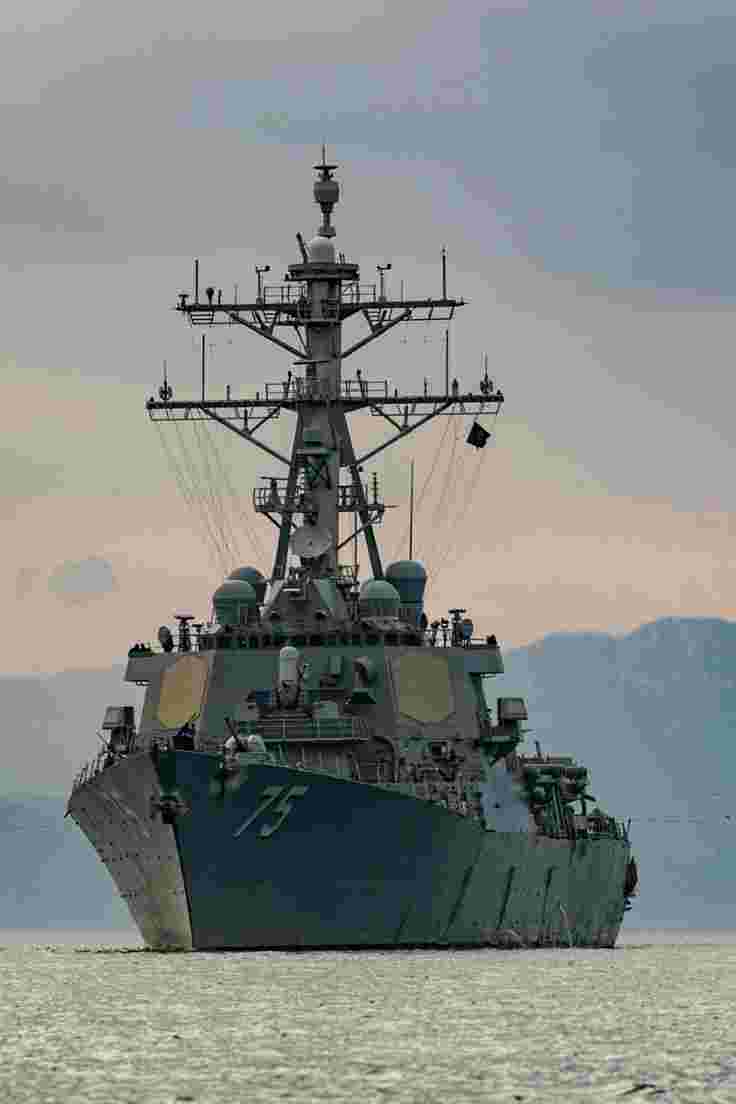In military history, scandals often shake the very core of institutions built on discipline, trust, and honor. Among them, the Fat Leonard Scandal stands as one of the most notorious corruption cases involving the United States Navy. This Fat Leonard Scandal case study is more than just an account of fraud; it is a cautionary tale about unchecked power, systemic vulnerabilities, and the devastating consequences of ethical lapses within global defense operations.
Who is “Fat Leonard”?
Leonard Glenn Francis, popularly known as “Fat Leonard”, was a Malaysian defense contractor and the CEO of Glenn Defense Marine Asia (GDMA). With decades of involvement in naval services across the Pacific, Francis provided port services, logistical support, and supplies to U.S. Navy vessels. His reputation, however, extended beyond business efficiency—he wielded charm, influence, and strategic manipulation, all of which paved the way for one of the biggest bribery schemes in military history.
The Scandal Unfolds
The Fat Leonard Scandal case study traces how Francis systematically infiltrated naval ranks through bribes, gifts, and lavish entertainment. Senior naval officers accepted cash, luxury travel, concert tickets, and even the services of prostitutes in exchange for confidential information. This allowed Francis to overcharge the Navy for port services, manipulate ship deployments, and gain insider advantages worth tens of millions of dollars.
His scheme was alarmingly simple yet highly effective:
-
Identify vulnerable officers.
-
Offer extravagant perks.
-
Secure classified operational details.
-
Exploit naval contracts for profit.
By cultivating personal relationships with officers, Francis blurred the lines between loyalty to the Navy and allegiance to his corporate empire.
The Fallout
The scandal’s exposure sent shockwaves through military and political institutions worldwide. More than 30 U.S. Navy officials were criminally charged, with several high-ranking admirals implicated. The U.S. Navy was forced to confront not only the individuals who engaged in misconduct but also the systemic weaknesses that allowed such corruption to flourish unchecked.
Francis himself eventually pled guilty to charges of bribery and fraud. However, the scandal took an unexpected twist when he staged a daring escape from house arrest in 2022, fleeing to Venezuela before being recaptured. This episode underscored the ongoing drama of a case that refuses to fade from the headlines.
Key Lessons from the Case Study
The Fat Leonard Scandal case study is more than a story of corruption; it is a critical lens into organizational weaknesses and human vulnerabilities. Some of the key lessons include:
-
The Cost of Complacency: Military operations demand integrity, yet even the most disciplined institutions are susceptible when oversight is weak.
-
The Power of Influence: Francis exploited personal relationships and desires, proving that corruption thrives not in boardrooms but in moments of personal compromise.
-
Global Implications: With ships strategically redirected to benefit Francis’s ports, national security itself was compromised, revealing how corruption in logistics can ripple into global defense strategy.
-
Need for Ethical Leadership: The scandal highlights why cultivating ethical awareness and resilience among leaders is vital in military and government systems.
The Wider Impact on the U.S. Navy
The Navy’s reputation took a significant hit. Trust, both within the ranks and in the eyes of allied nations, suffered. For a branch that symbolizes discipline, strength, and honor, the Fat Leonard Scandal case study became a stark reminder that corruption can corrode even the strongest of institutions.
The aftermath also sparked reforms, including tighter oversight of contracts, stricter codes of conduct, and enhanced auditing of operations. While these measures aim to prevent future scandals, the stain of the Fat Leonard affair continues to loom large over naval history.
Why This Case Still Matters
In an era where global conflicts and defense operations rely on both technological superiority and human integrity, the Fat Leonard case is a timeless study in vigilance. It is not simply about the millions lost or the officers disgraced; it is about the trust that was broken, the vulnerabilities that were exposed, and the urgent need for institutions to prioritize ethics as much as they do strategy.
For students of law, ethics, defense studies, and international relations, the Fat Leonard Scandal case study serves as a powerful narrative of how personal greed can compromise national security.
Conclusion
The Fat Leonard Scandal case study is one of betrayal, greed, and systemic weakness, but it also provides an opportunity to learn and reform. While Leonard Francis may forever be remembered as the man who manipulated the U.S. Navy, the larger lesson lies in how institutions respond to such challenges. True strength is not only measured by firepower but also by moral resilience and ethical accountability.
As military leaders, policymakers, and citizens reflect on this scandal, one truth stands clear: corruption thrives in silence, but accountability can restore integrity.




